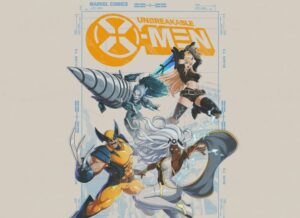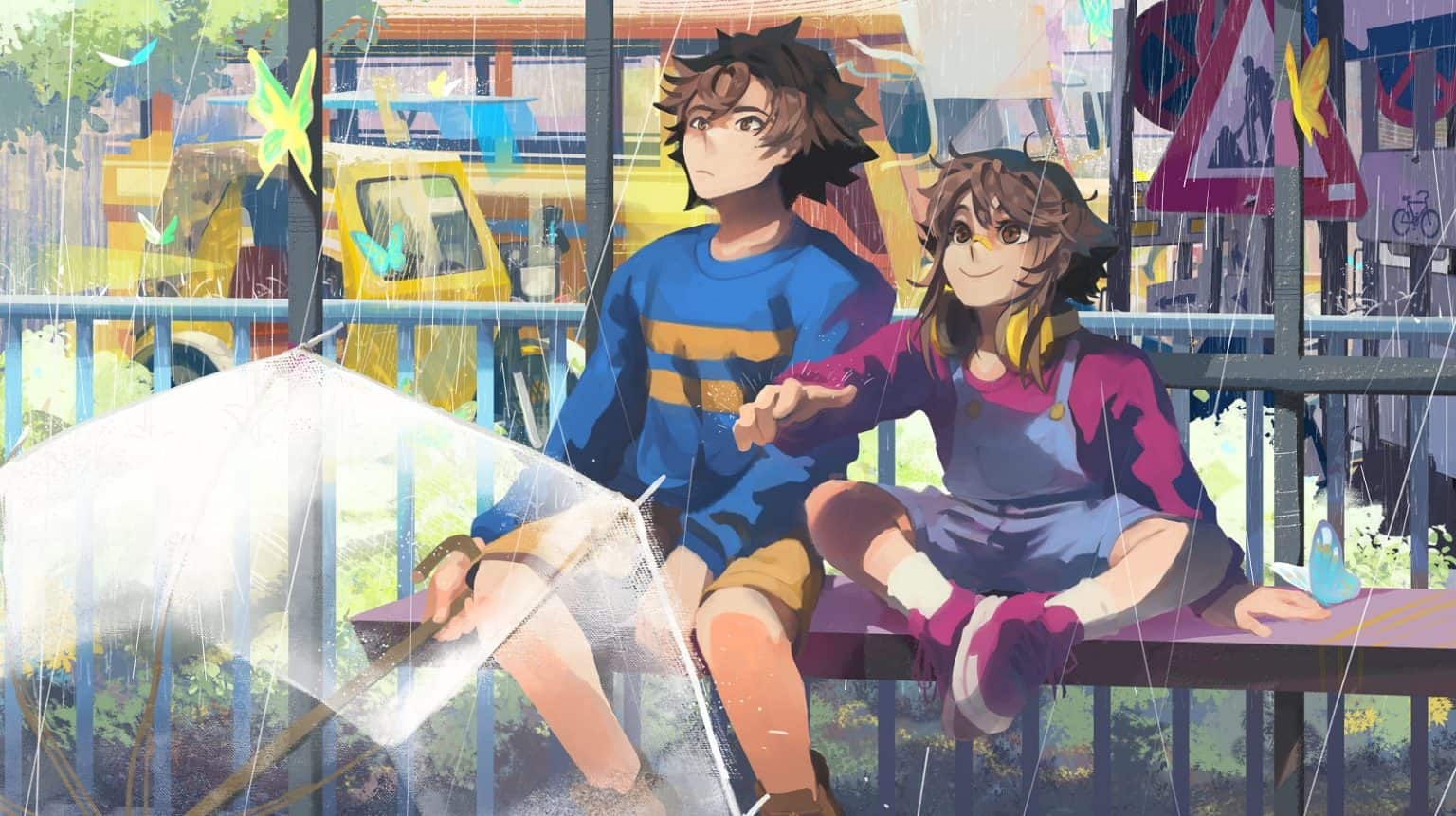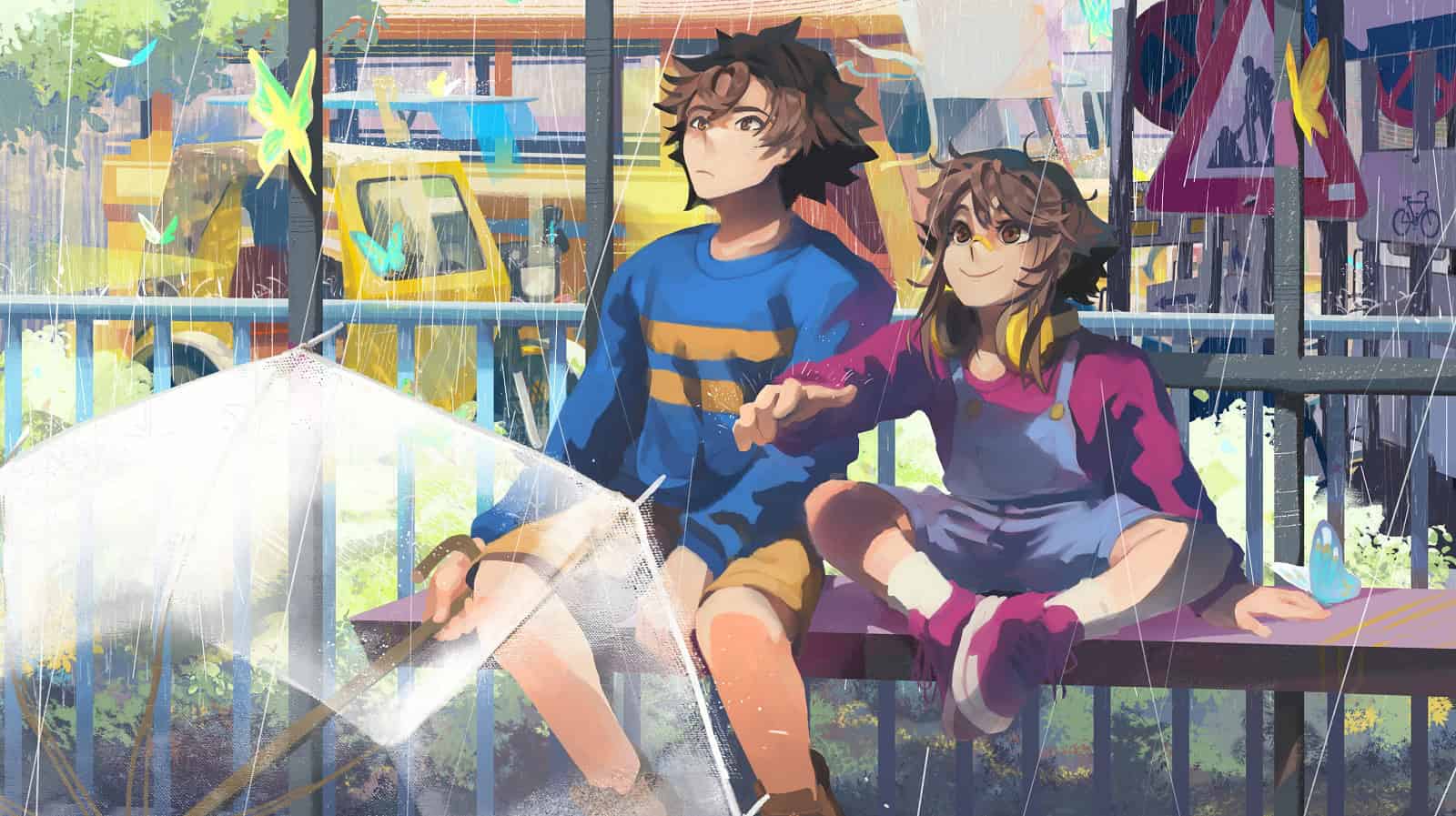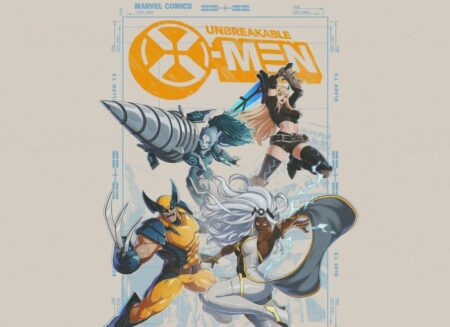Until Then is a visual novel game with parts of rhythm minigames and various other minigames. It’s a story about love, loss, starting over, family and everything else. It’s a complex game with complex characters that make you want to root for them.
Until Then is made by indie developers Polychroma Games who are Philippine developers. It’s refreshing to see that the Philippines is now represented in mainstream gaming, even though it’s in the indie space. What’s more interesting is that the developers set this game in the Philippines. It is very rare to see this level of representation, which is why I was very excited and intrigued about this game.
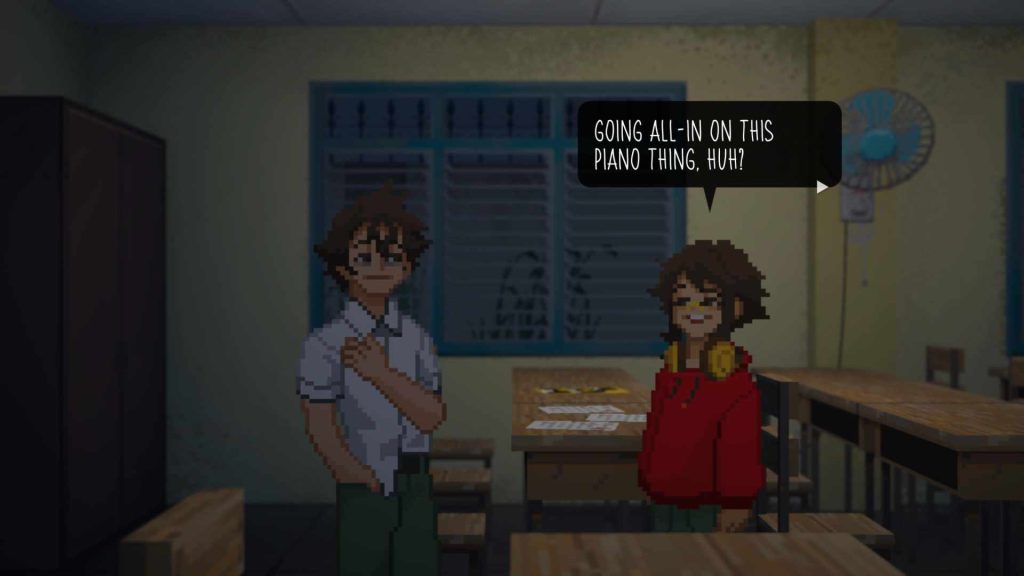
The game has impressed me right away as to how it begins its story. Using the start button as a means to jumpstart the game is very clever and will tell you that this is no ordinary game; it’s meant to be explored and repeated to enjoy the overall story. Think of Hades and how they developed a story that’s beyond beating the game once. It’s a game that needs to be replayed several times to get to the ending that the developers want you to witness.
The story is about Mark a high school kid living in Manila. The year is 2015 and a strong typhoon Ruling has just hit several locations in the Philippines which was considered to be one of the strongest typhoons and people thought it would be the end of the world. Mark aspires to be a good pianist just like his mother. His parents are both working abroad so he is just living alone and receives an allowance from his parents to use for daily necessities.
The game takes us to his daily life as he goes about trying to survive high school with his two best friends Cathy and Ridel, as well as trying to live his life alone. The game is divided into two five chapters which lasts about 1 hour each. Since it is a visual novel, most of the game is about the protagonist having conversations with several people. There will be times in these conversations that you will be given a choice and these choices will impact how the game will go about and how people will react to your choices. But of course, like most typical visual novel games, some choices wouldn’t matter at all. The game will try to steer you in one direction even if you don’t want to. It’s their story to tell anyway, not yours.
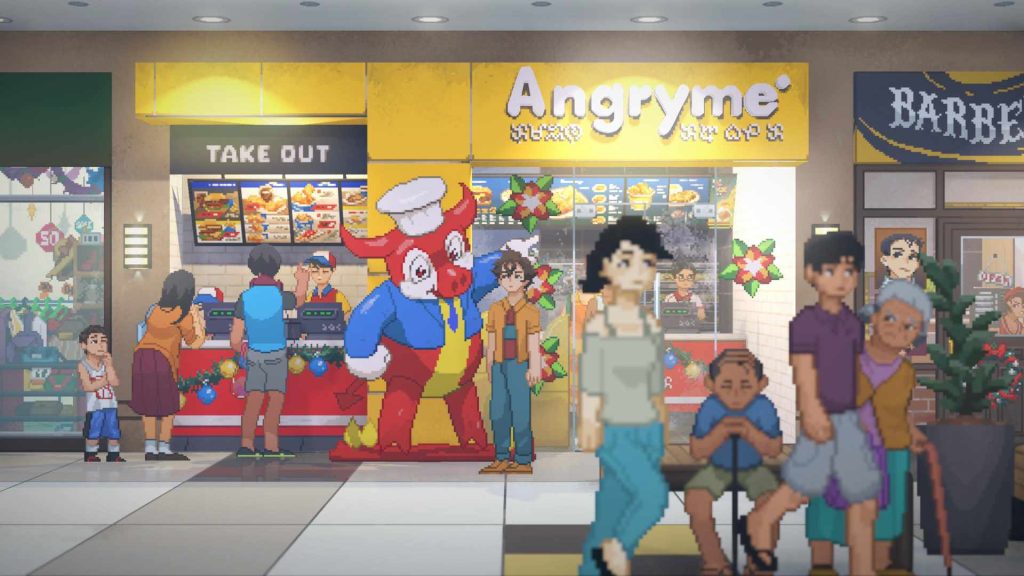
Throughout Until Then, you will also encounter many mini-games. Some of them are rhythm games where you have to press buttons at the right time to get the best score. I feel like the rhythm games need a little tweaking or maybe it was intentionally made that way by design because this is not how rhythm games go. The music that you are trying to sync with is either faster or slower than the inputs you have to make. This throws me off balance and takes me out of the rhythm. There are even instances where you are still trying to input a key sequence and the music has already stopped. It is frustrating, especially since perfecting these rhythm games is linked to trophies.
I also don’t understand the logic behind the key mappings for the rhythm games. The combination of buttons that are used doesn’t make sense. The developers at least allow you to map the buttons however you want but I already found that out too late in the game. There were also mini-games that I feel like were set up for you to lose them. But I guess that is part of the game. So I didn’t mind it that much. But when the game links a trophy to a mini-game that seems impossible to achieve, that throws me off and I feel like the game is deliberately not letting you achieve it. I could be wrong.

The characters in this game were very well made. They have interesting backgrounds and differing personalities that you will find in a typical Filipino setting. It almost felt like those telenovelas you see on television. I like it and I find myself rooting for people. I find myself wanting to see them succeed. I laugh when they laugh and I cry when they cry. I can really say that they did a good job in ensuring the characters are complex and interesting to watch and follow.
The background music is excellent. I love that they have captured the background noise that you would typically hear on a day-to-day basis. You can hear roosters crowing in the early morning. You can hear the taho guy shouting at the top of his lungs. You can hear the balut guy selling at night. You can even hear the roaring sound of jeepneys passing by.
Overall, Until Then has successfully encapsulated the idea of a visual novel. And with how it’s set up to have multiple endings, replayability is ensured. Each game you play will not be the same as the last one as it will even have different events and different things involved so the game will always feel like new when you play it for the second time. If you love a visual game that has twists and turns and plots that will have you wanting to get to the next chapter, then this game is something you should consider.


